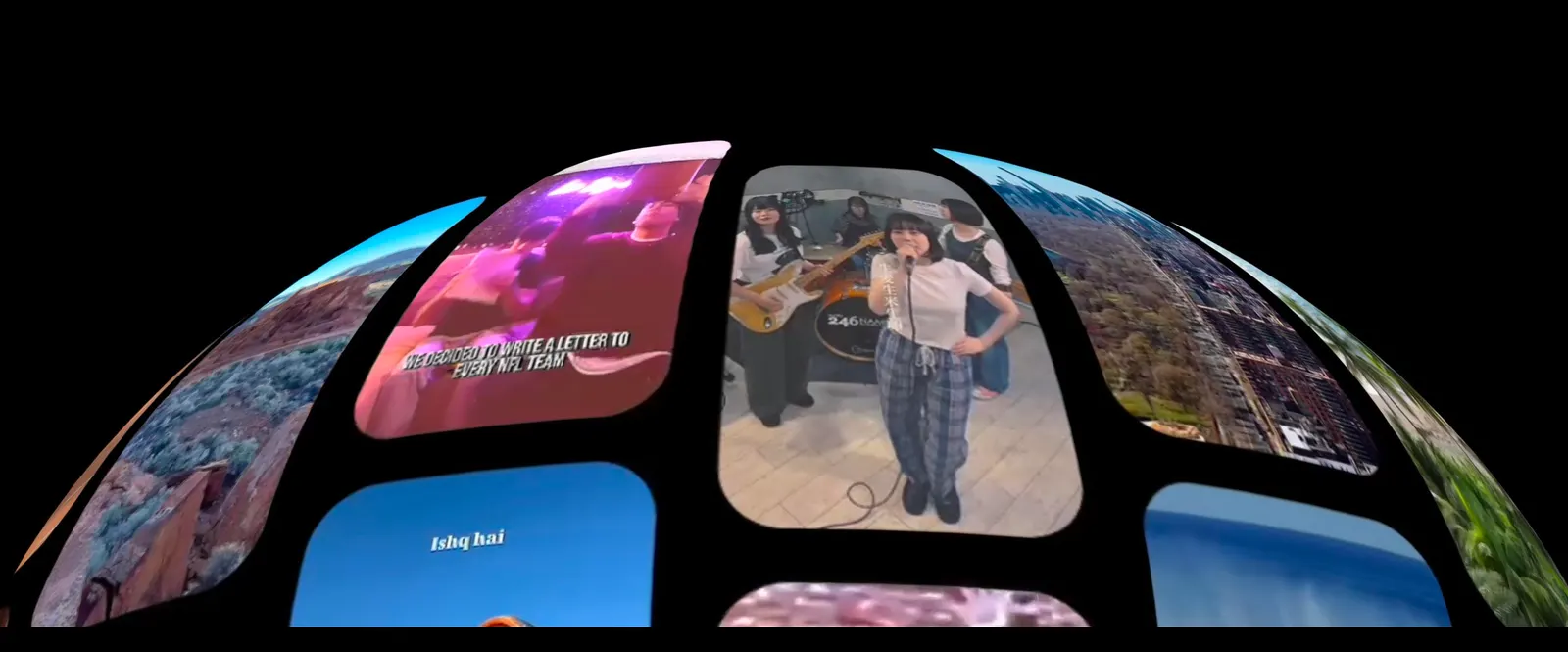Orangeburg native and acclaimed Civil Rights Movement photographer Cecil J. Williams has a new title to add to his resumé — New York Fashion Week model.
On Sept. 12, Williams made his runway debut in Black-owned Athleisure brand Actively Black’s “This is Not a Fashion Show” event. The show highlighted pioneers of the Civil Rights Movement, with the daughters of Martin Luther King and Malcolm X also walking the runway.
Actively Black’s newest line of clothes includes shirts with a photo of Williams drinking out of a water fountain labeled “White Only.”
In a video shown before he walked the runway, Williams said the 1956 photo was a response to the segregation the Black community was facing that prompted the Civil Rights Movement.
“This was not the only time I, you might say, went around the barriers,” Williams said. “There were times when I felt bold enough and sick and tired of living in a segregated society.”
Williams currently operates the Cecil Williams South Carolina Civil Rights Museum, an Orangeburg museum dedicated to telling the story of the state’s Civil Rights Movement. Williams said Actively Black’s support for nonprofits that help the Black community motivated the photographer to partner with them and allow their use of his photo.
“We hope to maintain a very good relationship with (Actively Black),” Williams said. “They are an astounding company. They are like us. They are an African American company that also reciprocates back to the Black community.”
Williams also described the collaboration as an important step in raising awareness about the South Carolina Civil Rights Movement. He said South Carolina’s history with the Civil Rights Movement precedes some of the more well-known events in other states, but many people are still unaware of the state’s significance within the nationwide movement. For example, Columbia’s Sara Mae Fleming was at the center of segregation laws around public transportation months before Rosa Parks’ incident in Alabama.
“We’re reaching out to the industries and companies in South Carolina, all over America to help us to tell these untold stories about what makes the fabric of American society,” he said.
The Cecil Williams South Carolina Civil Rights Museum opened its doors six years ago in a 3,000-square foot house, but is now looking to move into a larger space. Williams said securing money to cover operational costs, however, has been difficult.
While the museum is receiving a percentage of sales from the shirts, Williams hopes his appearance in the fashion show will help garner both attention to the South Carolina Civil Rights Movement and funds to keep the museum open and accessible.
Institutions like the museum and Actively Black are more important than ever, Williams said, as they are crucial reminders of the history and impacts of the Civil Rights Movement.
“The democracy we live in is not free,” he said. “It comes with each and every battle, and we often have to refight these battles to keep people knowledgeable about what it takes to live in a democracy.”


